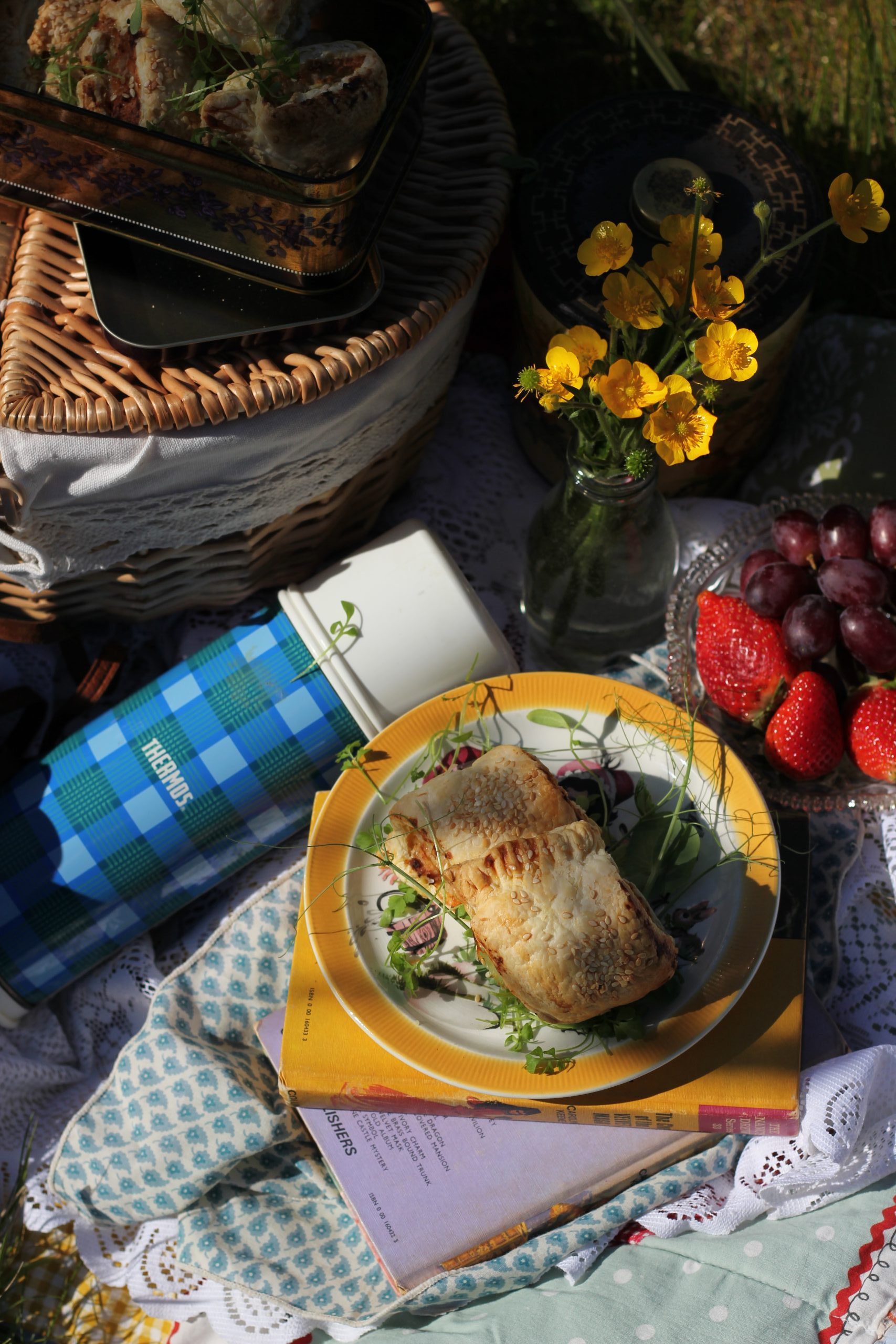
The Truth About Brain Food
Thu Sep 03 2015

We’ve teamed up with eumom.ie to bring you the best advice when it comes to feeding your family. Today we are talking about the truth about brain foods.
When the media first suggested certain foods could help children to learn, parents were flocking to find out more. Phoebe Doyle wants to know if food really can make a difference.
None of us want our child to be the one struggling to keep up once they start school. We do what we can: read to them, sing with them, praise their efforts relentlessly and generally parent in a way which we hope will help them at nursery, school and beyond.
The whole premise that what we give them to eat can also have a significant impact on their capacity for learning, this concept of ‘brain foods’, is certainly a contentious one. Some are sceptical of companies making money from selling essential oils and vitamins that make bold claims to help learning – critics may suggest such companies are utilising the natural instinct of parents wanting the best for their children.
Gemma Renshaw, a specialist paediatric dietitian, sees this all the time. “Everyone wants their child to do well at school, and ensuring they are able to concentrate is essential. Parents will frequently ask about what foods can help with concentration and learning.”
Most dietitians agree that if a child has a healthy and balanced diet, they will be provided with all the vitamins and minerals their young, growing bodies need for optimum performance.
“This means regular meals; breakfast, lunch, dinner and one to two snacks during the day, if desired,” says Gemma. “Five portions of fruit and/or vegetables a day [a child’s portion of fruit fits into your palm], or a heaped tablespoon of vegetables or a small bowl of salad.”
Regular starchy food (wholegrain bread, pasta, rice, potatoes, cereals) at each meal is also widely recommended, as is protein (fish, meat, eggs, beans, lentils, cheese) for two of the meals each day.
What about Omega 3?
It’s this oft-discussed oil that’s been the emphasis of most of the media’s storm. According to Gemma, “Omega 3 has been shown to improve concentration and brain function. It can be found in oily fish; these include salmon, fresh tuna (not tinned), mackerel, sardines, and trout.”
An ideal day of brain-boosting meals:
Breakfast: Cereal with milk or brown toast with cream cheese, glass of fruit juice
Try our recipe for scrambled eggs and wholegrain toast
Mid-morning: Banana/apple/strawberries (any fruit), glass of milk or even try a smoothie
Check out how to make the perfect smoothie with recipes here
Lunch: Ham and salad sandwich/pasta salad with sweetcorn/1 pizza slice with salad, yoghurt/fruit, glass of juice, water or milk
Mid-afternoon: Cereal bar/yoghurt, glass of water or milk
Check out our fruity granola bars recipe here
Evening meal: Fish pie (mix white and oily fish, e.g. cod and salmon)/pasta bake (add some trout)/salmon fish fingers (coat salmon strips in flour, egg and breadcrumbs and lightly fry). If you’ve had your fish for the week, you can try grilled chicken breasts/roast turkey/beef hot pot/bean stew/pasta with tomato sauce/scrambled egg with toast and salad, with plenty of vegetables or salad.
Mary Berry’s Fish Pie recipe will most definitely go down a treat with the whole family
At eumom, we’re first for parenting, first for moms and we believe the best part of parenting is celebrating memorable moments together. From big announcements, to joyful arrivals, from first steps to first days of school, we are here for you.










